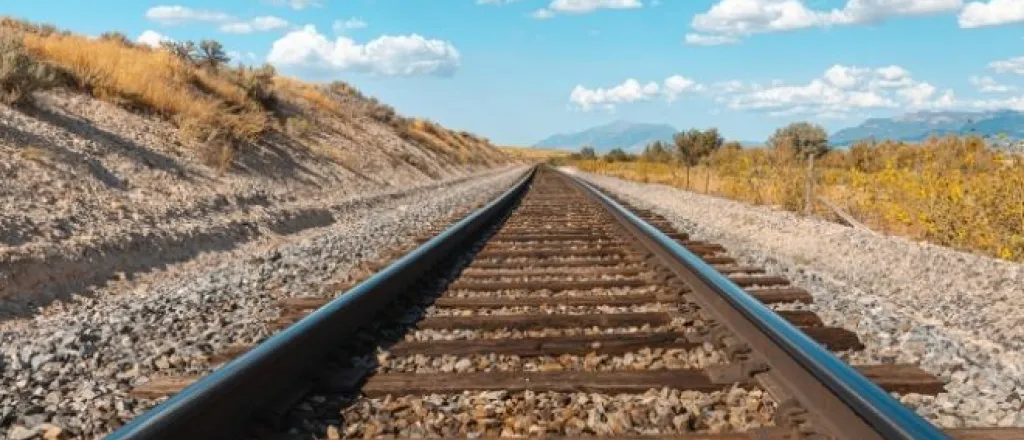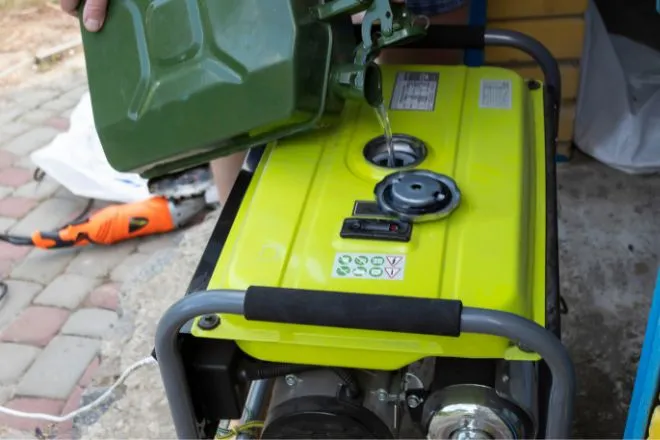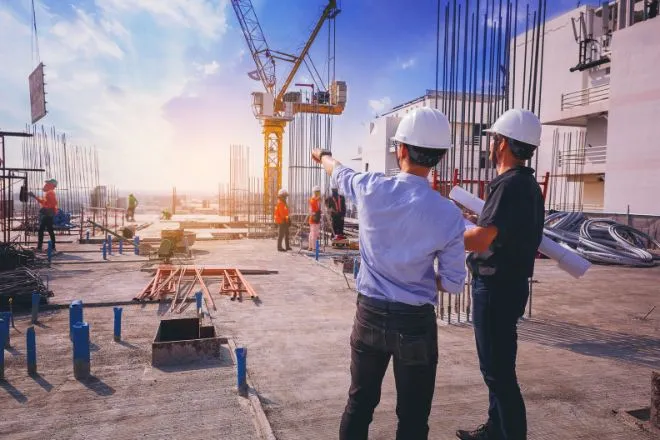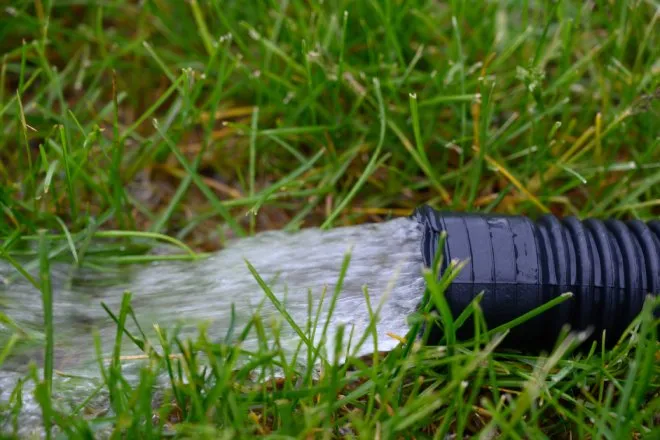
Why Railroad Track Maintenance Is Important
The United States’ rail network is fundamental to its logistics system. When transport via air, sea, or highway isn’t viable or ideal, our railways stand strong as a reliable means of transporting goods. While passenger rail in our country may not compare with systems in Europe or Asia, our freight system is the envy of the world. To keep it that way, we need to keep our physical railroad tracks in ideal condition. Here’s a closer look at why railroad track maintenance is important to both its users and to larger infrastructural concerns.
Preventing Derailments
It’s unfortunate, but it’s the truth: when there are moving vehicles, there’s a chance of an accident. When it comes to cars on the highway, numerous variables can lead to varying degrees of crashes, from minor fender benders to massive multicar pileups. Over on the railroad side, there are significantly fewer chances for accidents, but the accidents that do occur can be catastrophic. A derailed train is one such example, and many derailments occur due to deteriorated trackage. Maintaining high-quality rails keeps goods intact and in motion. We can maintain this quality by repairing or replacing trackage thanks to a complement of industry-specific railroad machinery.
Ensuring Optimal Speeds
Even if neglected trackage doesn’t cause a full-scale derailment, worn-out rails and delicate structures can still cause slowdowns. Ask anyone who’s ever had to ride the Chicago ‘L’ through some of its 19th-century sections. The same goes for freight rail. Rail is already slower than trucking as it is. Industries accept that as the cost of doing business. Railroad tracks that further slow down freight are therefore unacceptable. Keeping this trackage well-maintained prevents the slowdowns that lead to disrupted supply chains and dissatisfied customers.
Keep Freight off the Road
As we discussed, freight rail works in concert with our surface roadways to transport goods. In some cases, such as Interstate 55 between Chicago and St. Louis, freight rail operates literally parallel to the highway. To ensure that freight traffic is evenly distributed between the rails and the pavement, railroad track maintenance is an important job. Fewer trucks on the highways mean an easier drive for everyday travelers and commuters, with less traffic on a system that can often use more maintenance of its own. Smooth rides for trains, safer drives for the rest of us—what’s not to love?
















